Tagagawa ng Colon Hydrotherapy Device
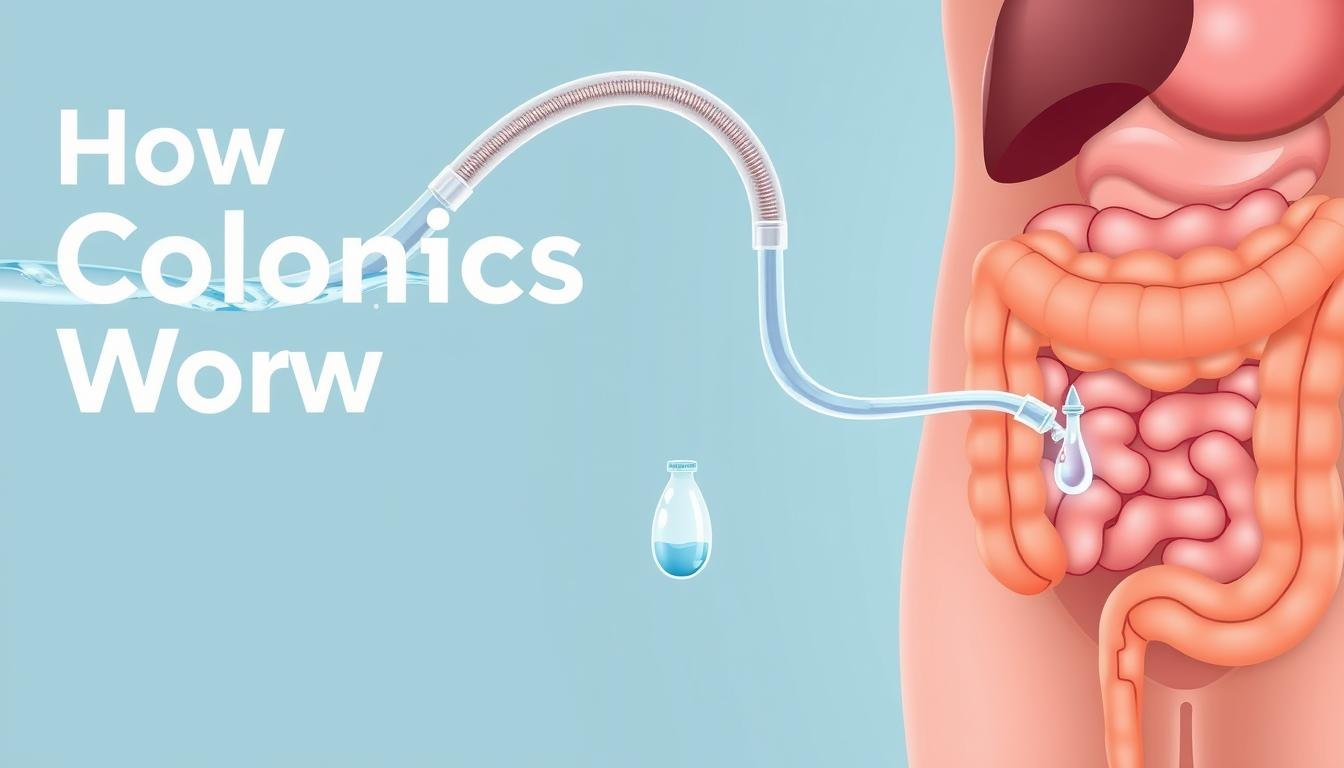
What Exactly Are Colonics?
What Colonics?Colonics are procedures where large amounts of water (sometimes mixed with herbs, coffee, or other substances) are flushed through the colon via a tube inserted into the rectum. Unlike enemas, which affect only the lower portion of the colon, colonics aim to cleanse the entire large intestine from beginning to end.
During a typical colonic session, a practitioner inserts a disposable tube into the rectum while you lie on a specialized table. Water flows through this tube into your colon, and waste material exits through a different tube. The procedure typically lasts 30-60 minutes and may involve multiple cycles of water flow.
It’s important to distinguish colonics from other procedures:
Colonics vs. Enemas
An enema uses a small amount of liquid to clean only the rectum and lower part of the colon, primarily to stimulate bowel movements. Colonics use much more water and target the entire colon.
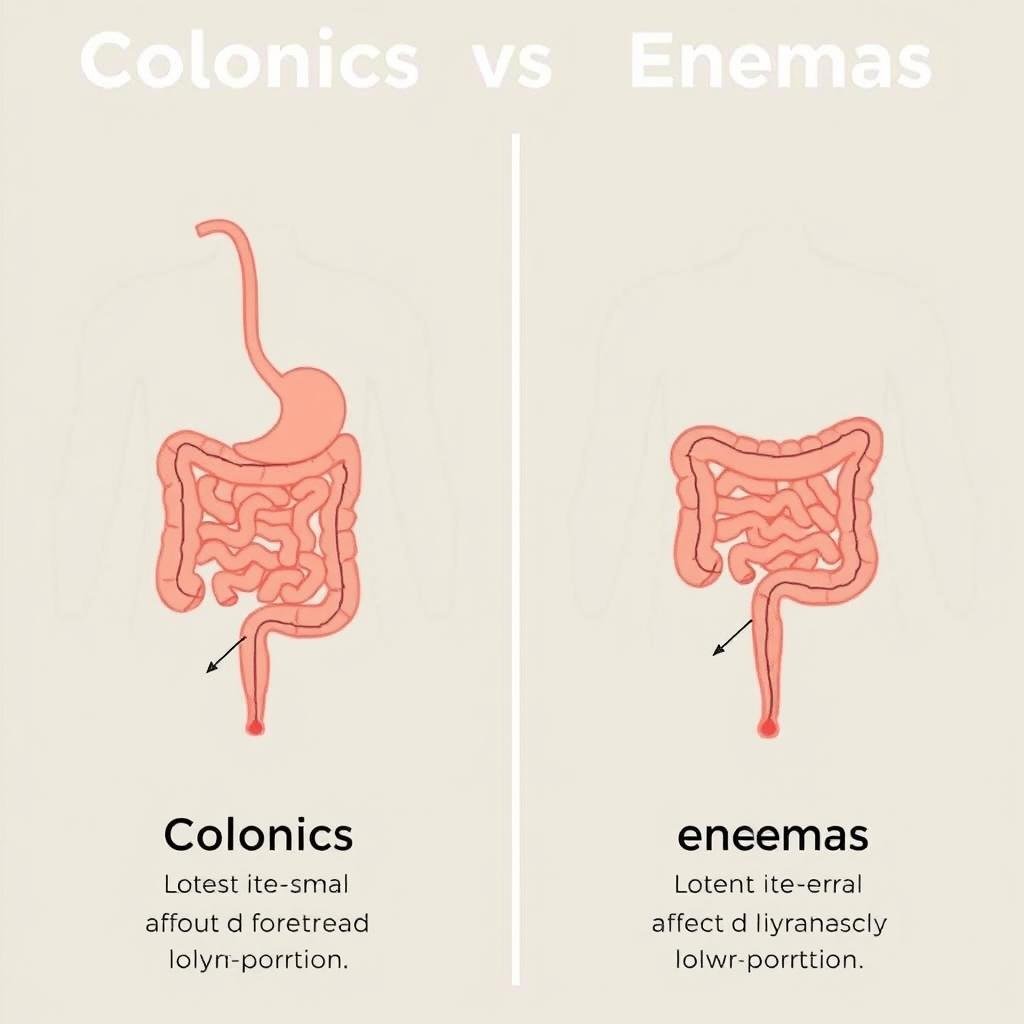
Colonics vs. Bowel Prep
What Colonics?Bowel prep involves taking oral laxatives to clean out the colon before medical procedures like colonoscopies. Unlike colonics, bowel prep is medically supervised and has a specific diagnostic purpose.
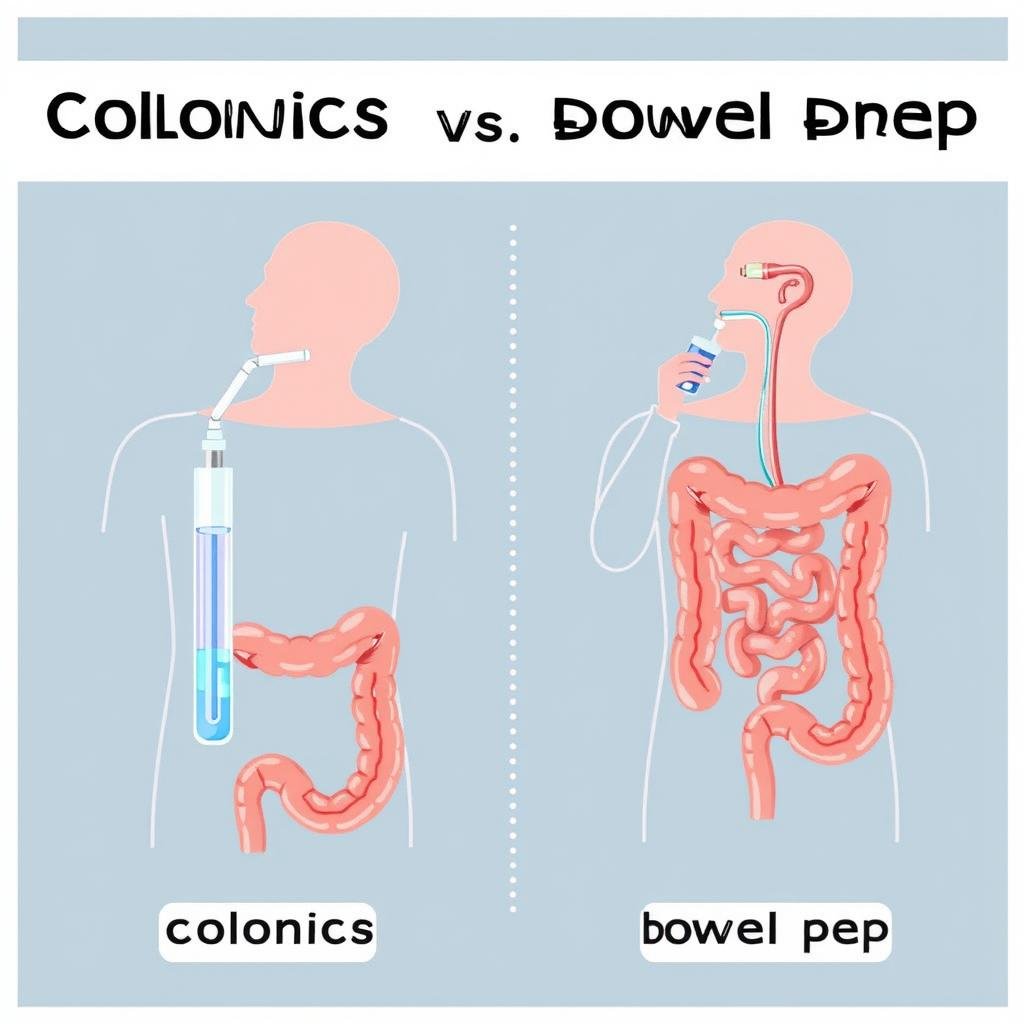
Why People Seek Colonics
People pursue colonic treatments for various reasons, though it’s important to note that many claimed benefits lack scientific support. Common motivations include:
Detoxification Claims
What Colonics?Some believe that waste material can accumulate in the colon and release toxins into the bloodstream. Proponents suggest colonics can remove these toxins and improve overall health. However, medical science indicates that the body’s liver, kidneys, and digestive system naturally eliminate toxins without additional intervention.
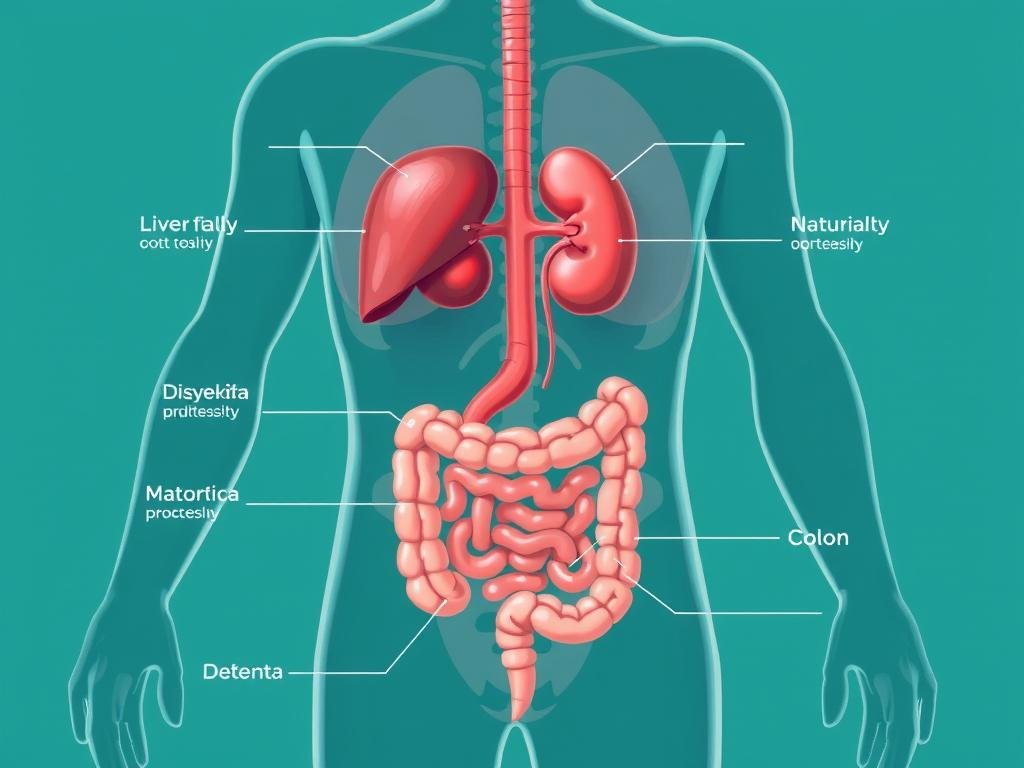
Digestive Relief
Many seek colonics to address digestive issues like constipation, bloating, and irregular bowel movements. While some report temporary relief, medical professionals generally recommend addressing the underlying causes of these symptoms through diet, exercise, and proper hydration.
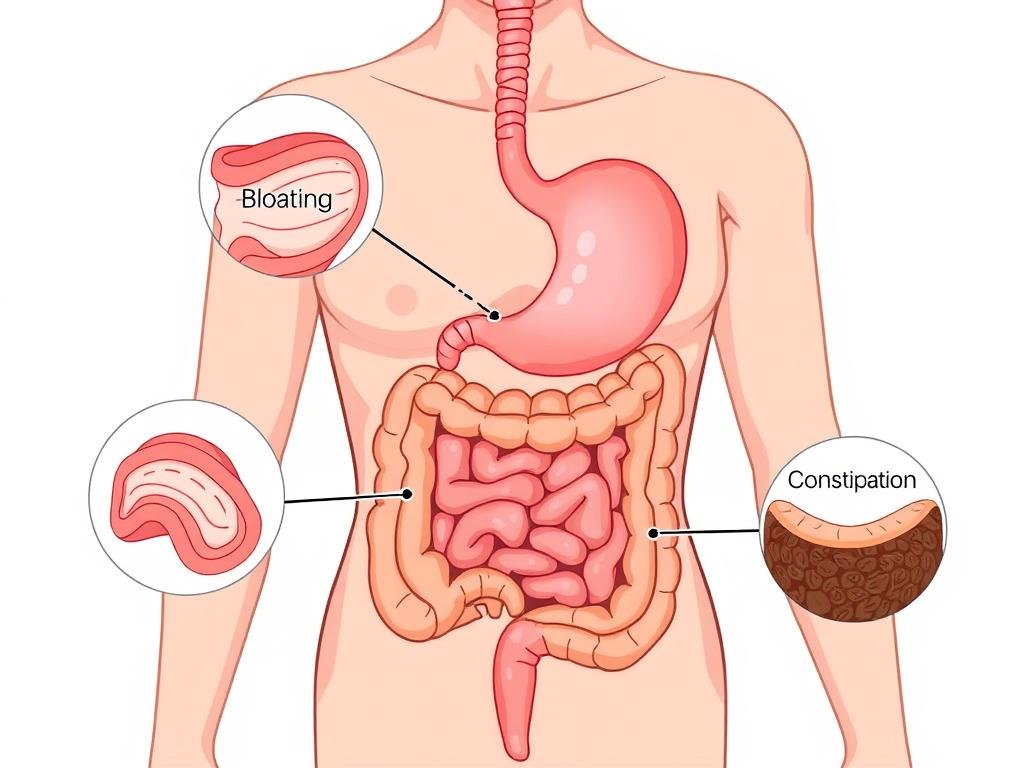
Pagbaba ng timbang
Some believe colonics can aid weight loss by removing accumulated waste. Any weight loss from colonics is typically temporary and related to water loss rather than fat reduction. Sustainable weight management requires dietary changes and regular physical activity.
Energy and Wellness
Proponents claim colonics can increase energy levels and improve overall wellness by removing “mga lason” that cause fatigue. These claims are not supported by scientific evidence, and any energy boost may be attributed to the placebo effect.

The Colonic Procedure: What to Expect
Understanding what happens during a colonic session can help you make an informed decision about whether this procedure is right for you. Here’s a step-by-step breakdown of a typical colonic hydrotherapy session:
- Initial Consultation: The practitioner reviews your health history and explains the procedure. This is the time to discuss any concerns or medical conditions.
- Paghahanda: You’ll be asked to change into a gown and lie on a specialized table with an opening for waste elimination. Privacy drapes are typically provided.
- Tube Insertion: The practitioner gently inserts a disposable, lubricated tube into your rectum. This tube is connected to the colonic machine.
- Water Flow: Filtered water (sometimes with added substances) flows into your colon at controlled temperatures and pressures. The practitioner may adjust these settings throughout the session.
- Abdominal Massage: Some practitioners perform light abdominal massage to help release trapped gas and encourage waste elimination.
- Pag -aalis ng basura: Waste material and water exit through a separate tube into a closed system, eliminating odors and maintaining dignity.
- Pagkumpleto: The session typically lasts 30-60 minutes. Afterward, you may use the bathroom to expel any remaining water.
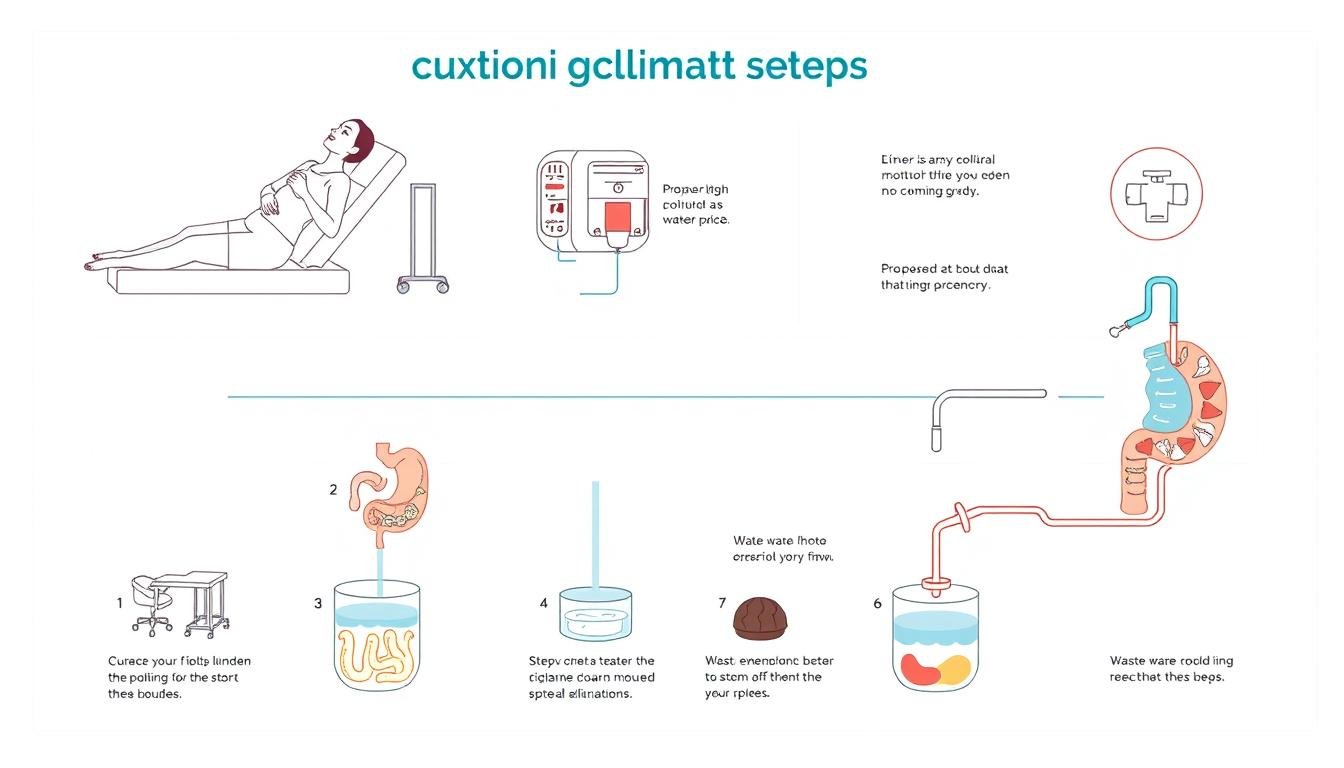
Mahalagang tala: If you’re considering colonics, ensure the practitioner uses disposable equipment or properly sterilized instruments, wears gloves, and maintains a clean environment. Credentials and training vary widely among practitioners, so research thoroughly before booking a session.
Benefits vs. Risks: What Science Says About Colonics
When considering colonics, it’s essential to understand both the claimed benefits and potential risks. Medical research provides limited support for benefits while documenting several significant risks.
Inaangkin ang mga benepisyo
- Temporary relief from constipation and bloating
- Potential improvement in bowel regularity
- Subjective feelings of “lightness” or well-being
- Preparation for certain medical procedures (when medically supervised)
- May help with specific conditions under medical supervision
Mga potensyal na peligro
- Dehydration at Electrolyte Imbalance
- Perforation of the bowel (rare but serious)
- Impeksyon mula sa hindi wastong isterilisadong kagamitan
- Disruption of normal gut bacteria (microbiome)
- Worsening of certain conditions like Crohn’s disease
- Nausea, vomiting, and abdominal pain
- Kidney and heart problems in vulnerable individuals
Scientific Evidence
The medical community generally does not support colonics for general health maintenance. The human body is designed to eliminate waste efficiently without intervention. The colon contains beneficial bacteria that aid digestion and support immune function, and colonics may disrupt this natural balance.
Research has not substantiated claims that “mga lason” accumulate in the colon or that colonics effectively remove them. The liver and kidneys are the body’s primary detoxification organs, filtering blood and eliminating waste through urine and feces.
“Hindi ito isang bagay na kailangan mong gawin upang mapanatili ang kalusugan ng iyong colon. Para sa ilang mga tao, ang colonic hydrotherapy ay maaaring maging mapanganib.”

Sino ang dapat iwasan ang mga kolonik
Certain individuals face higher risks from colonics and should avoid the procedure entirely:
- People with inflammatory bowel diseases (Crohn’s disease, ulcerative colitis)
- Those with a history of colon surgery or rectal/colon disorders
- Individuals with kidney or heart disease
- People with hemorrhoids or anal fissures
- Those taking blood-thinning medications
- Pregnant women
- People with diverticulitis or diverticulosis
- Individuals with severe hemorrhoids or rectal/anal disorders
What Medical Experts Say
“Our bodies are equipped to cleanse themselves. Colon cleanses shouldn’t be used for routine problems. Any treatment you have done should be approved and supervised by a doctor.”
“Many people think by getting rid of fecal material, they are getting rid of toxins in the body. That is not true at all. Colonics can be dangerous as well. I have seen several serious complications related to colonics, including rectal perforation.”

Healthier Alternatives
Medical professionals recommend these natural approaches to maintain colon health:
Dietary Recommendations
- Consume 25-30 grams of fiber daily from fruits, vegetables, and whole grains
- Stay well-hydrated with 8-10 glasses of water daily
- Limit processed foods, red meat, and alcohol
- Include probiotic-rich foods like yogurt and fermented vegetables
Mga Pagbabago sa Pamumuhay
- Exercise regularly to stimulate natural bowel movements
- Manage stress through meditation, yoga, or other relaxation techniques
- Maintain a regular bathroom schedule
- Get regular colon cancer screenings starting at age 45 (or earlier with family history)

Should You Try Colonics?
After reviewing the evidence, it’s clear that colonics offer limited proven benefits while posing several potential risks. The human body is designed with effective systems for waste elimination and detoxification that function without intervention in healthy individuals.
If you’re experiencing digestive issues like constipation, bloating, or irregular bowel movements, it’s best to consult with a healthcare provider before trying colonics. These symptoms often respond well to dietary changes, increased hydration, regular exercise, and stress management.
For those still interested in colonics despite the risks, it’s essential to:
- Consult with a healthcare provider first, especially if you have any medical conditions
- Choose a reputable practitioner with proper training and credentials
- Ensure all equipment is disposable or properly sterilized
- Stay well-hydrated before and after the procedure
- Be aware of warning signs that require immediate medical attention

Speak With a Digestive Health Specialist
If you’re experiencing digestive issues or considering colonics, consult with a healthcare professional who can provide personalized advice based on your medical history and current health status.
Tandaan: Your digestive system is designed to cleanse itself naturally. Focus on supporting your body’s natural processes through a healthy diet, regular exercise, proper hydration, and stress management. If you have persistent digestive concerns, seek medical advice rather than self-treatment.

Madalas na nagtanong tungkol sa mga kolonika
How often do people get colonics?
Practices vary widely. Some practitioners recommend initial sessions of 3-4 treatments within a short period, followed by maintenance sessions every few months. However, medical professionals generally do not recommend regular colonics for healthy individuals.
How much does a colonic treatment cost?
Prices typically range from to 0 per session, depending on location and practitioner. Insurance rarely covers these procedures as they’re considered alternative treatments without proven medical benefit.
Are at-home colonic kits safe?
At-home kits carry similar or greater risks than professional treatments due to lack of proper training and equipment. The risks of infection, perforation, and electrolyte imbalance remain, potentially with less immediate access to medical help if complications arise.
What’s the difference between open and closed colonic systems?
In closed systems, waste material exits through a tube directly to disposal, without exposure to the room. Open systems require the client to release waste into a basin or toilet. Closed systems are generally considered more hygienic and comfortable.
